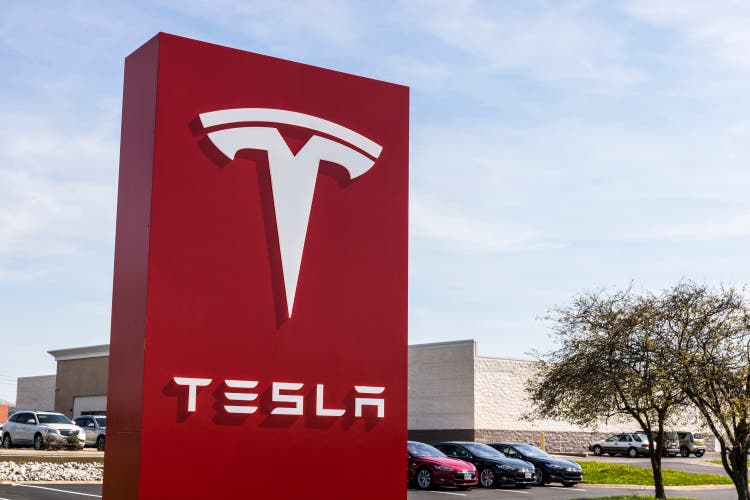The European Union's recent sanctions on Russian oil, energy, banking and defence industries aim to degrade Moscow's "war economy" while maintaining stability in the global oil market, said Herve Delphin, Ambassador of the Delegation of the European Union to India, on Saturday.
In a post on X, Delphin outlined the EU's sanctions policy against Russia, which also impacted a refinery in India. He clarified that the sanctions do not prevent countries from purchasing Russian oil, helping to avoid any disruptions to global supply. The refinery in question is partly owned by Rosneft, a key player in Russia’s refining sector.
EU’s 18th sanctions package cuts oil price cap
According to Delphin, the EU’s 18th sanctions package reduces the price cap on Russian oil from $60 to $47.6 per barrel and is intended to further reduce revenues supporting Russia's military operations in Ukraine.
"On EU sanctions policy on Russian oil: Doesn't prevent anyone from buying oil from Russia --> so as not to disrupt the global oil market supply. Capping on Russian oil export prices --> a way of reducing the amount of revenues that feed/ are channeled into the Russian war economy. 18th package reduces the capping from $60 barrel to $47.6 barrel --> to reduce even further revenues Russia draws from oil export sales," Delphin stated.
The EU Envoy’s remarks came after India responded to the new measures, reiterating that it does not recognise unilateral sanctions and stressing the need to avoid double standards in global energy trade.
Sanctions allow flexibility and close key loopholes
Delphin noted that the revised price cap is adjustable based on market reference prices, offering buyers stronger bargaining positions and effectively applying a discount on Russian oil.
"The capping can fluctuate according to oil market reference price --> preserves elasticity of oil market for buyers. The capping amounts to imposing a discount on Russian oil --> benefit for the buyer who has a better bargaining position. Ban on export by third country operators to Europe of refined oil products made from Russian crude oil --> closing loophole to avoid European companies buy such products and indirectly add to Russian oil revenues. European citizens want this, even if it may result in higher import cost by buying from other suppliers," the post added.
Crackdown on shadow fleet of tankers
To prevent circumvention, the EU has sanctioned 450 oil tankers associated with Russia’s shadow fleet, which are used to move crude oil through unauthorised channels.
"Sanctions on shadow fleet oil tanker ships (port call and provision of services) --> closing a loophole that Russia uses to circumvent this sanction. 450 sanctioned shadow fleet ships by the EU. EU conducts its sanctions policy diligently & responsibly," he noted in his post.
EU to phase out Russian energy imports by 2027
Delphin explained that oil accounts for one third of Russia’s revenues, while 40 per cent of its public spending goes towards military efforts. This spending represents around 6 to 7 per cent of the country’s GDP. He added that the EU has already reduced its dependence on Russian oil by 90 per cent and aims to fully end Russian energy imports by 2026 or 2027.
"Sanctions aim at degrading the Russian war economy: 40 per cent of Russian public spending allocated to finance the military effort -- equivalent to 6 to 7 per cent of the Russian GDP. Impact of imposed sanctions --> took away from Russia 450 billion euros which otherwise it would have had its disposal for the war. Oil represents 1/3 of total Russian revenues --> EU has already reduced its own dependency on Russian oil by 90 per cent. EU Member States will cut off all Russian energy import completely by 2026 & 2027 to stop feeding revenues in Russian war economy," the post read.
EU condemns Russia’s invasion of Ukraine
Addressing Russia's offensive in Ukraine, Delphin described it as illegal and a direct security threat to the EU and its citizens. He reiterated the bloc’s call for peace and an immediate end to hostilities.
"Deliberate Russian aggression on Ukraine is illegal. It causes massive suffering by targeting civilians," he stated, reiterating the EU's stance: "Mr Putin must stop this war; stop the carnage and engage in earnest in peace talks."

 5 hours ago
1
5 hours ago
1





















 English (US) ·
English (US) ·